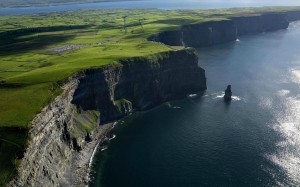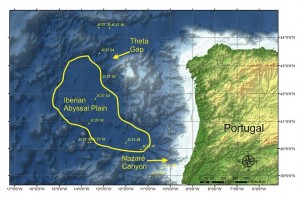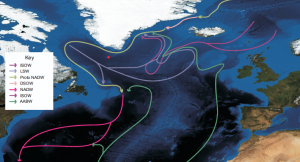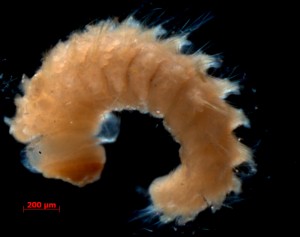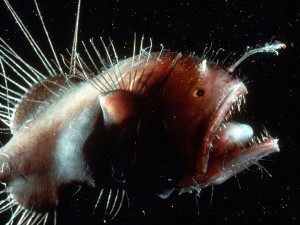
What does the ocean mean to me?
Hello everyone!
I am going to share with you some pictures from the oceans which are representative for me. My area of expertise is the deep-sea so I am going to focus on that. Next week it will be your turn to tell us what the oceans mean to you!
Although a scientist myself, when I hear the words "deep-sea" I find it hard not to think of the angler fish. Of course, this truly vast environment has much more to display, but the angler fish is nevertheless iconic.
Continue reading →


